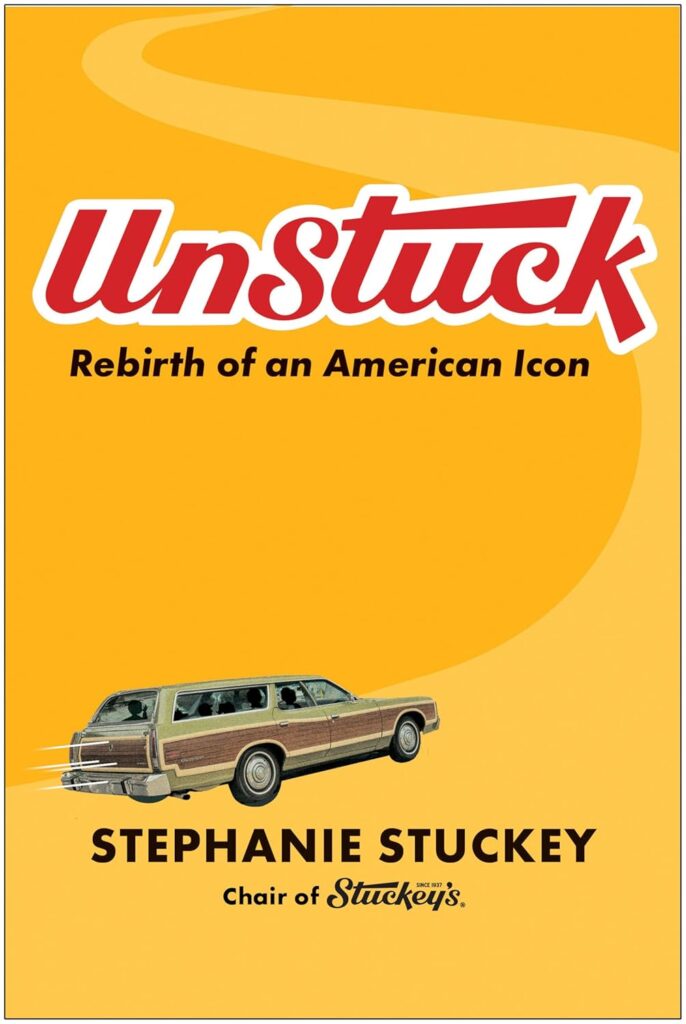Jeff Garrison
Reformation Day Sermon for Mayberry and Bluemont Churches[1]
Hebrews 4:14-5:10
October 27, 2024
I was to be on vacation this week, and an elder was going to read this sermon which I first preached on Skidaway Island in 2017. But things changed that required me to remain at home. Next week, God willing, I’ll return to working through the Gospel of Mark.
At the beginning of worship:
Today is Reformation Sunday, when we look back at our glorious history… so let me begin with a cautionary note. Scripture warns us not to look back. It’s what turned Lot’s wife into a clump of salt. Jesus warns that one who puts his hands to the plow and then looks back is not fit to enter the kingdom.[2]
Of course, there are good reasons to look back. When the Jews look back at Passover, they don’t long for the past when they were slaves in Egypt. They remember God’s faithfulness. That’s the good reason to look back, for it does show us how God has led us to the present. We don’t look back with nostalgia, but with thankfulness.
One of the questions which bothered Martin Luther and got the Reformation rolling was “How can I be saved?” It sounds self-centered (how can I?), but the focus didn’t stay internal. Martin Luther’s study of the New Testament led him to have faith in a gracious God. The focus quickly moved from Marty’s concern with his soul to God as revealed in Jesus Christ.
Today we’ll looking at one of the five themes (or solos) of the Reformation, “Christ Alone.” It is in Jesus Christ that we have hope; it is in him that we find salvation. And one day, before him, all will bow.[3] The others themes are faith alone, scripture alone, grace alone, and to God be the glory.
Before reading the Scripture:
As today is Reformation Sunday, I am going to take a break from working through the Book of Mark and preach from Hebrews, on the theme of Christ Alone.
One of the historical ways of looking at the role Christ plays in our lives and world is through his three-fold offices: Prophet, Priest and King.[4] As a prophet, Christ brings God’s word to us. As Priest, Christ stands between us and God Almighty. And as King, which is his eternal position, Jesus Christ rules over all creation. As prophet and priest, Jesus redeems the creation he rules. Today, as we consider Christ Alone, we’re look at the second office, that of the Priest. Of course, these three are co-mingled, so we can’t really consider one without the others.
Now let me say a bit about the Book of Hebrews. As you may have remembered when I preached through this book in 2021, the best way to describe Hebrews is as a sermon (or a series of sermons).[5] These sermons were delivered by an unknown preacher addressing a tired and wore-out congregation.
Many of those who listened or read this sermon wondered if following Jesus was worth it. Some of you may wonder the same thing. Perhaps, they think, they should go back to their former ways, as Jews or Pagans. Hebrews encourages the congregation to remain faithful and in doing so provides the most complex understanding of the nature of Christ. Who is this man and what does he have to do with us? Well, when we read Hebrews, we understand and are called to keep the faith and to trust in Jesus Christ, who came to bring us life.
Read Hebrews 4:14-5:10
The Hunger Games is set in a post-apocalyptic North America, in a dark future. (How many of you have seen the movie? Read the book?)
Most people in this dystopian world live in fear and without hope. But those who reside in the capitol, live in luxury. Those in the twelve districts suffer and toil, making a rich life possible for those in those in power. Each year, there is a gladiator-like contest where twelve teenagers get to fight to the death in a televised reality program. Only one will survive and this one will live out their lives in luxury. The cruelty of this event serves as entertainment for those in the capitol. It also serves as a reminder to those in the districts of the capitol’s power and of their need to toe the line.
The movie begins with the selection of the participants for the 74thannual Hunger Games. Everyone listens as the names are called. There are shrieks and tears in District 12 when Primrose Everdeen, a sweet young child barely old enough to participate in the lottery, is chosen. But then there’s a cry from the crowd and her older sister, Katniss, who’s 16, steps forward and volunteers in her place. Katniss stands between the officials and her sister. She is a mediator, offering her own life to save her sister.[6]
In ancient Israel, at the temple, the high priest was the mediator. Just as Katniss stood between her sister and the soldiers of the capitol, the high priest stood between the people and God. It was too dangerous for an ordinary individual to go before God. It was risky enough for the high priest, who only stepped into the Holy of Holies once a year to bring forth the sin offerings of the people. But the priest took the risk to benefit the people.
We have a great high priest, the author of Hebrews proclaims, Jesus Christ! Jesus has benefits as high priest that others did not have. He came from heaven and is the Son of God. However, he is also able to relate to us. Not only is he from heaven, but he has also lived as we live. He has experienced temptation. He knows the trials and tribulations (as well as the joy) of life on earth.
When we bring our concerns to Christ, he understands. He’s not aloof. Jesus is not a leader who lives locked behind walls and gates with protection all around to keep people away. He’s not like the most wonderful Wizard of Oz hiding behind a façade.
Jesus is like Katniss, who grew up in District 12 and knows the hardships of the people. The author of Hebrews wants us to understand two things: Jesus not only mediates our sins, but he can also relate to us and to our need.
The ending of the 4th chapter is a call for us to take our burdens to the high priest in prayer. To approach his throne of grace with boldness! For us, this might not seem a big deal. But it is.
As one Biblical scholar sarcastically noted, contemporary Christians often “engage in prayer with all the casual nonchalance of ordering at a fast-food restaurant. ‘God, I would like this and that,’” we say, as if we had every right to speak to God in this manner. Furthermore, we say it “as if God had an obligation to fill the order.” “But true prayer is prefaced by awe.”[7] Christians and Jews in the first century knew this. God is holy and dangerous. Jesus came to provide a safe access to God.
Jesus Christ is a high priest who came from heaven; this elevates him above all other high priest. So, there is reason for awe, yet Jesus is also approachable because he came down to our level.
As our passage moves into the 5th Chapter of Hebrews, we are given a job description of the High Priest and evidence that Jesus not only meets but exceeds the requirement. The high priest is chosen from mortals (Jesus was born of Mary). He can deal with the people’s wayward ways (although Jesus wasn’t sinful, he didn’t mind hanging out with those considered sinful). Finally, he must be called by God (again Jesus exceeds in this category). Jesus, who did not brag about being a high priest, had been chosen by God. The writer of Hebrews refers to a mysterious person in the Old Testament, a priest in whom Abraham met, Melchizedek.[8] Jesus is such a priest, an eternal priest.
Starting in verse 7, we’re reminded of Jesus’ life, and how he prayed when he was on earth. On earth, he was submissive to God his Father, through whom he was made perfect and became the source of Salvation. So not only is Christ the priest, the one standing between us and God, he is also the sacrifice. He is the Lamb of God.[9] He pays the price for our sin and brings us back into relationship with God the Father.[10] In other words, he’s the one who will, when our life on this earth is all over and done with, usher us into a homecoming unlike one we’ve ever known.
When the Reformers shouted, “Christ Alone,” they were saying that there was no one else they trusted to stand between them and God. This is why most Protestant Churches did away with priestly offices. We have pastors and preachers and teachers. Our role is to point to Jesus Christ, the one who is the great high priest. Put your trust in him—approach his throne of grace with boldness—for in Christ alone we find salvation. Let us pray:
Almighty God, we bow and shield our eyes for you are too awesome. We thank you for coming as Jesus, for coming in a way we can understand and relate. Accept us as his followers and guide us as we strive to keep up with him as he leads us home to you. Amen.
[1] I preached this sermon first at Skidaway Island Presbyterian Church in October 2017, as part of a five part series on the “Solas” of the Reformation.
[2] Genesis 19:26, Luke 9:62. See M. Craig Barnes, Searching for Home: Spirituality for Restless Souls (Grand Rapids: Brazos Press, 2003), 111.
[3] Romans 14:11, Philippians 2:10.
[4] See Westminster Larger Catechism, Questions 43-45.
[5] For a different sermon on this passage, see https://fromarockyhillside.com/2021/01/31/jesus-the-high-priest/
[6] My appreciation to Stan Mast for the idea of using “The Hunger Games” as an illustration. See https://cepreaching.org/commentary/2015-10-05/hebrews-411-16/
[7] Long, 64.
[8] Genesis 14:17ff. See also Psalm 110:4.
[9] See Revelation 5.
[10] John 14:6..






